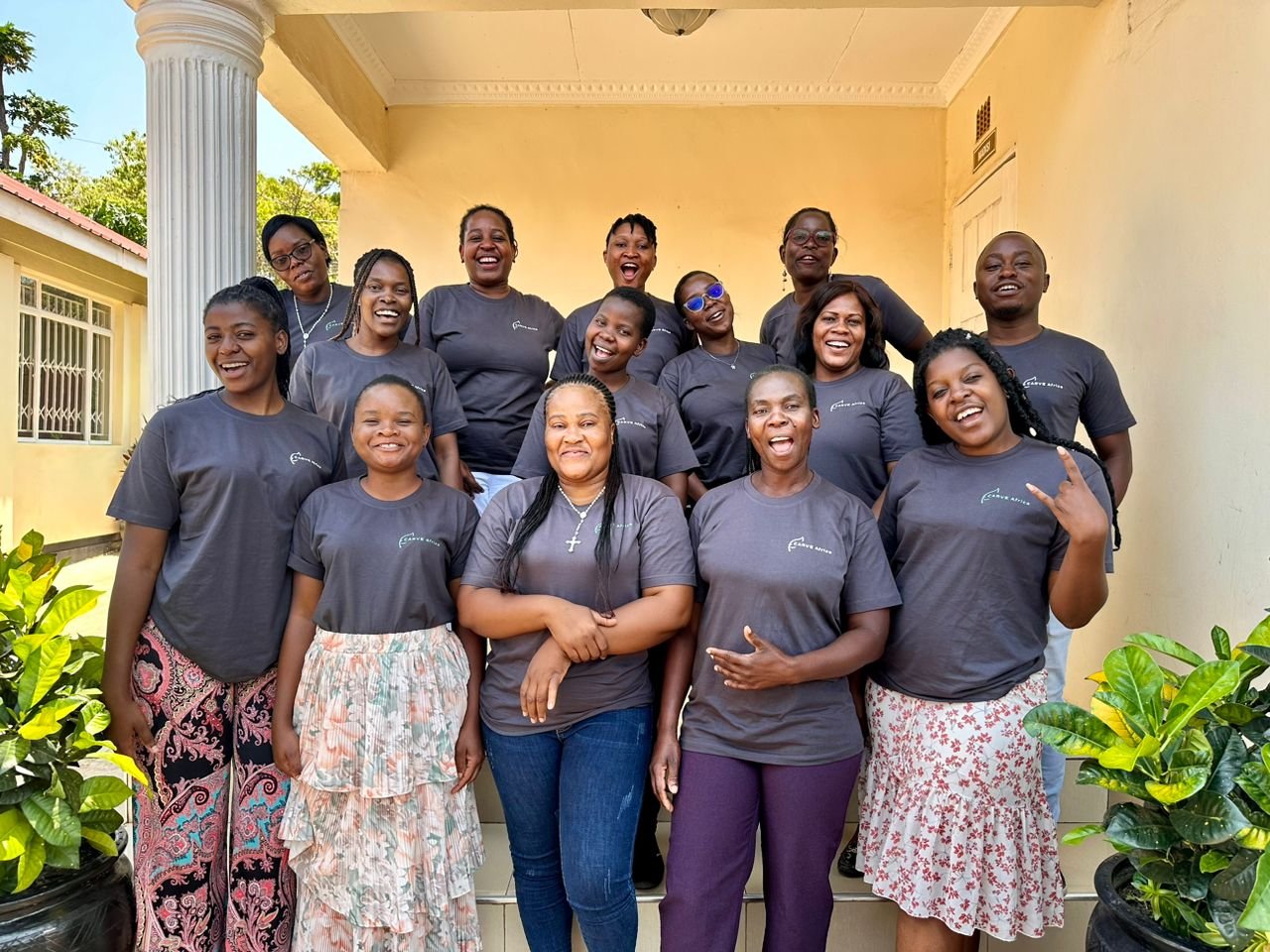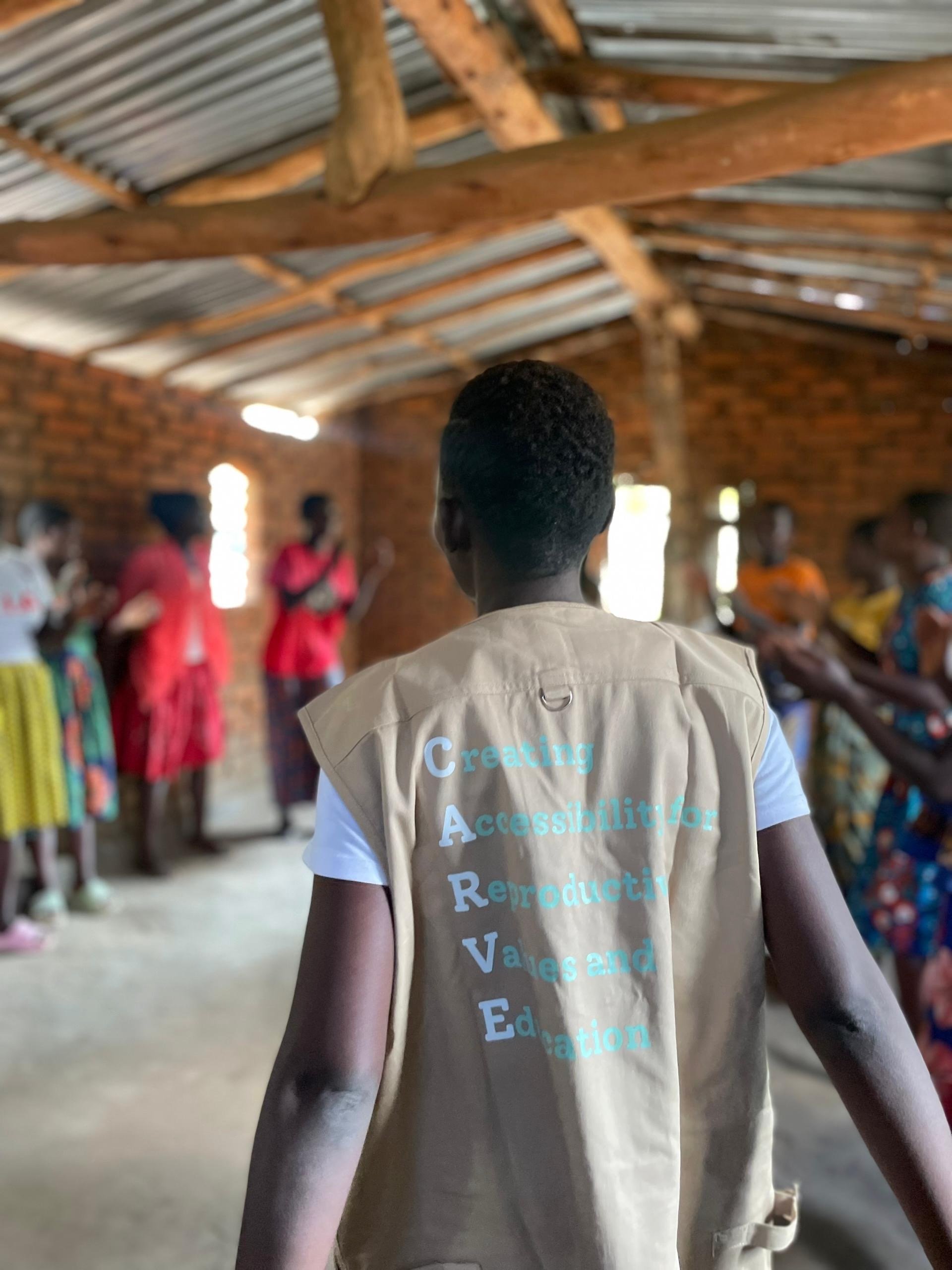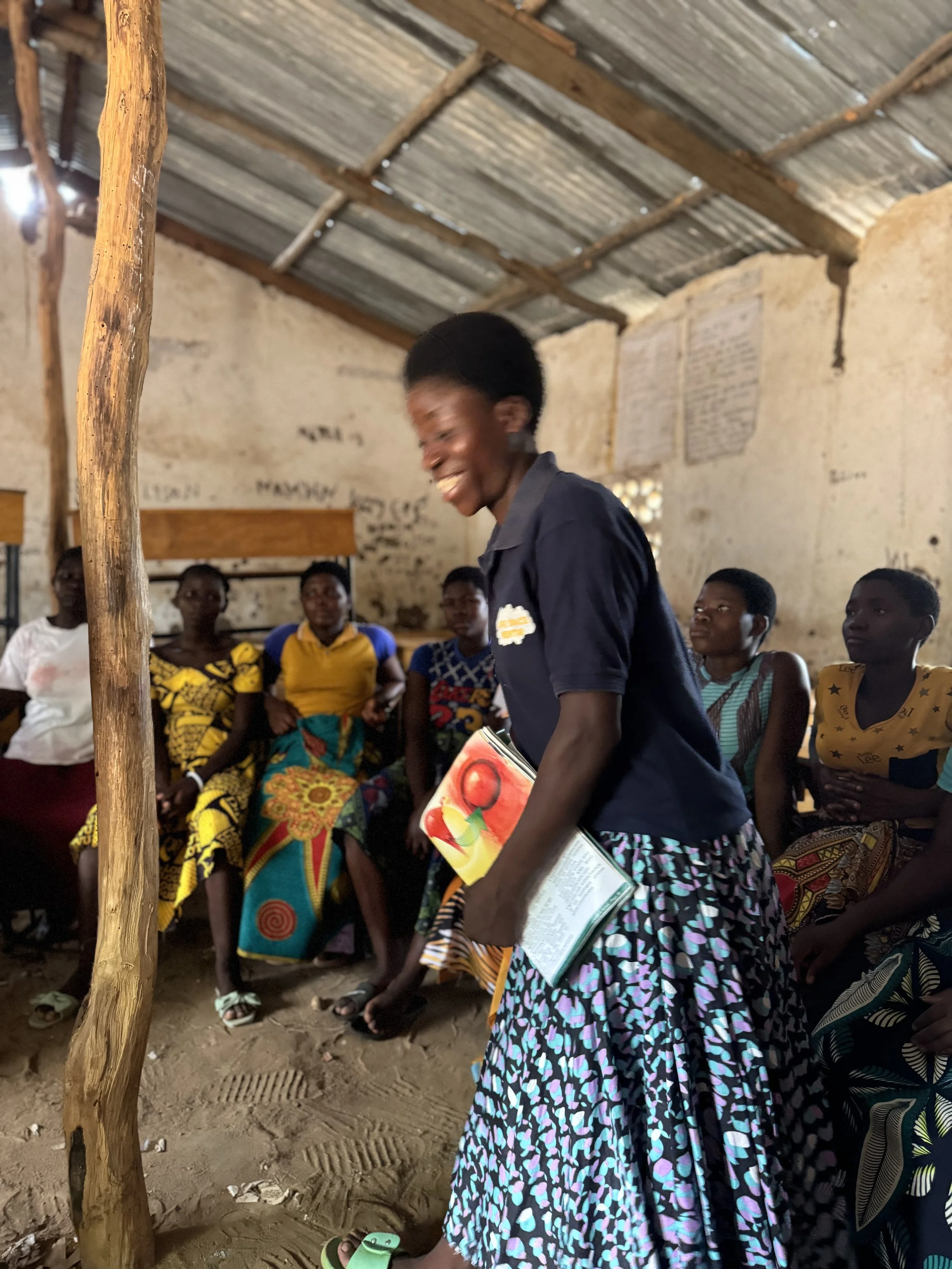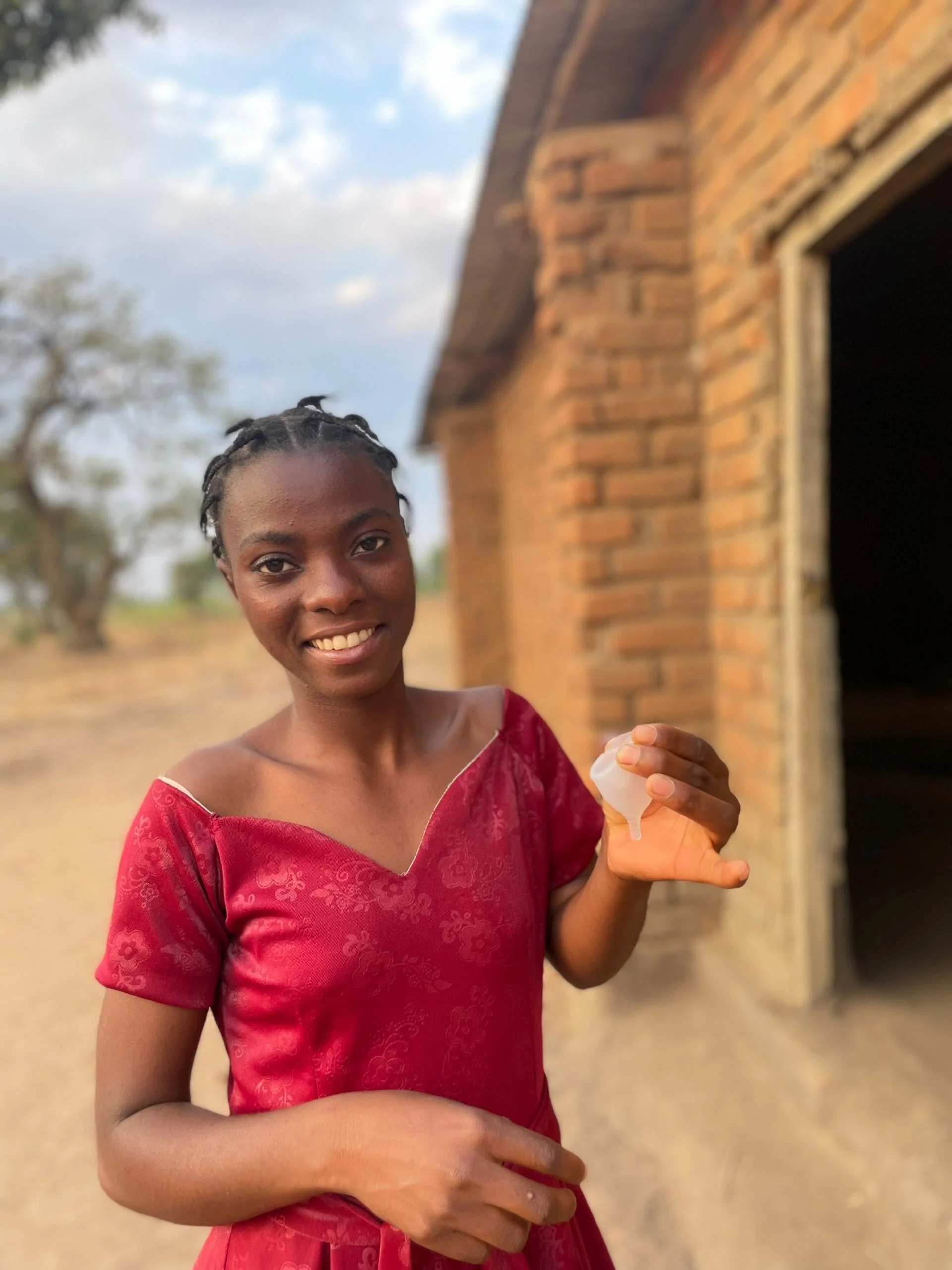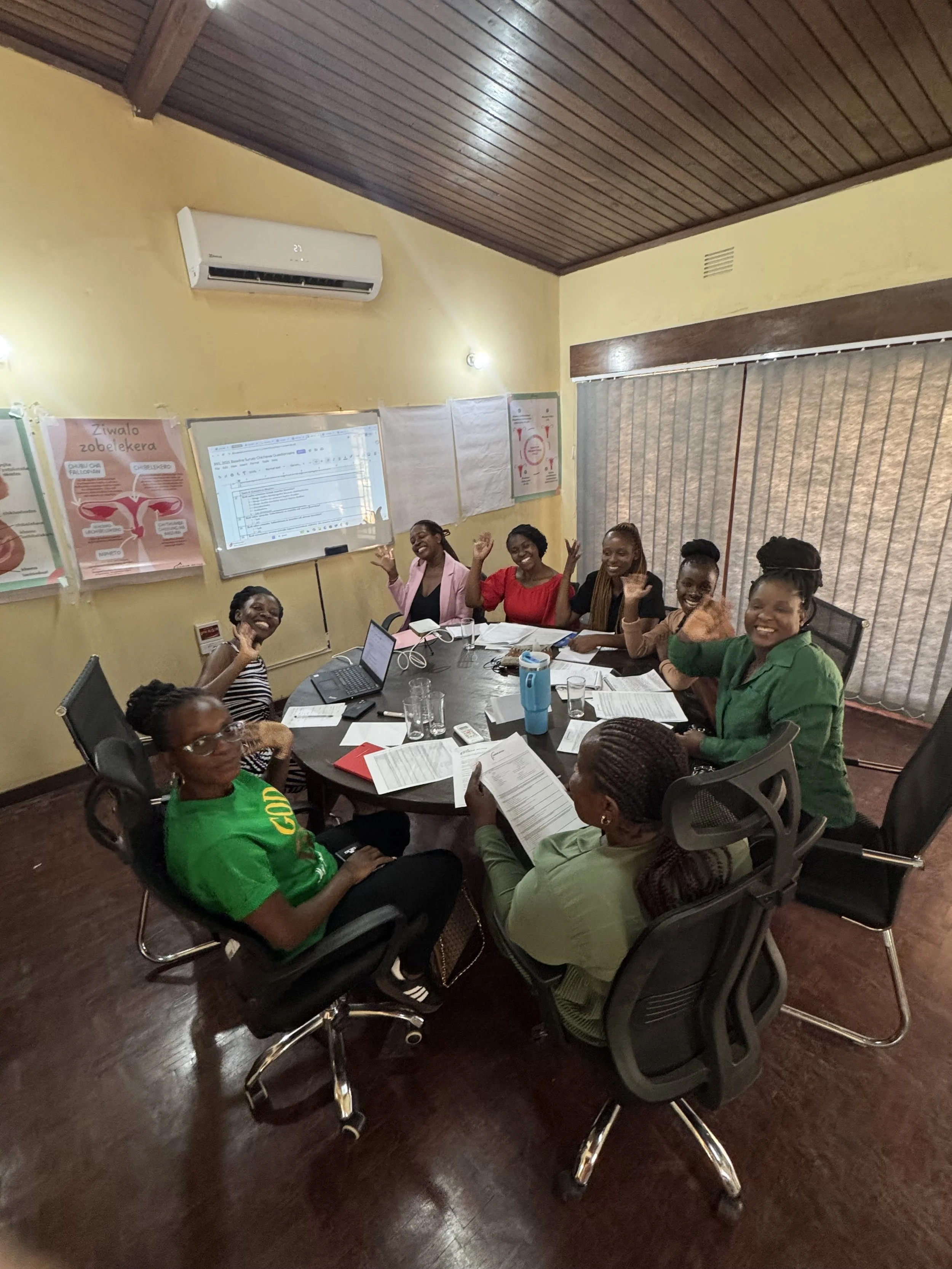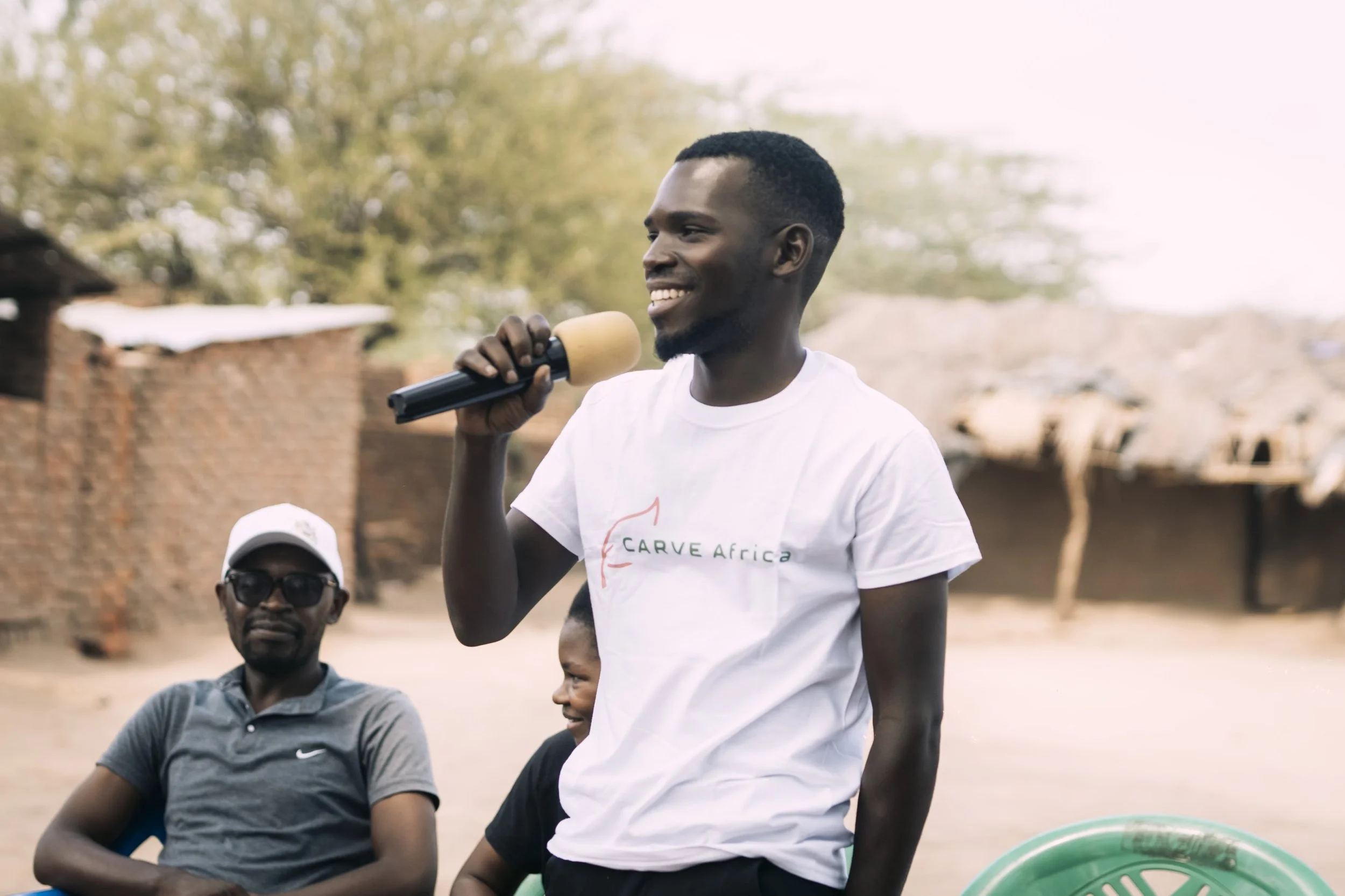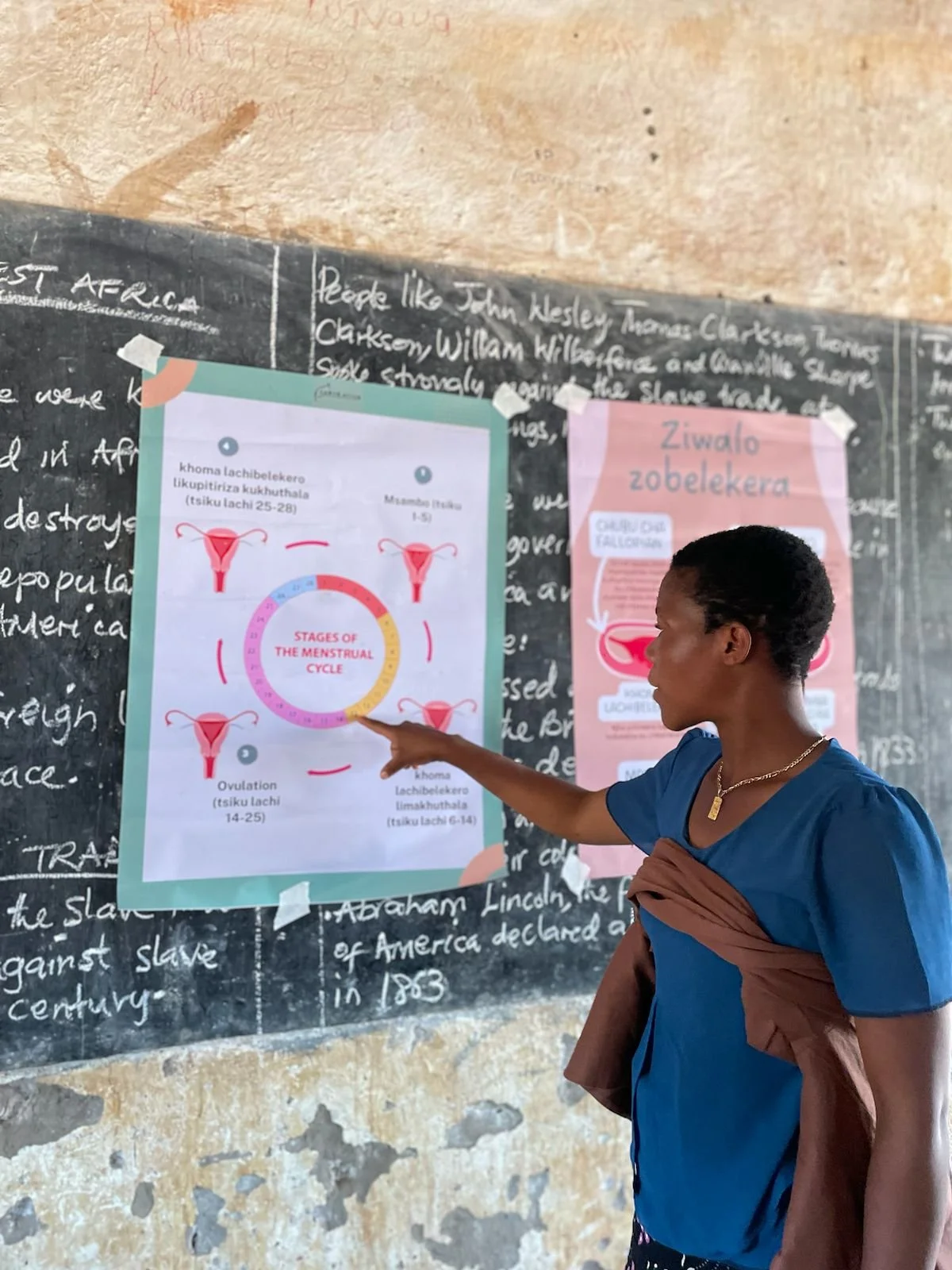CARVE Africa
Evidence-based SRHR, rooted in community, led with a holistic approach.
CARVE Africa is a nurse-founded, women-led organization strengthening sexual and reproductive health and rights (SRHR) and menstrual health in Malawi.
We combine clinical expertise with community-led implementation to deliver high-quality, culturally grounded health knowledge that responds to real needs — not just numbers.
Why CARVE Africa
In Malawi, access to accurate, respectful sexual and reproductive health information is uneven — shaped by geography, gender norms, and strained health systems. Too often, programs are designed far from the communities they aim to serve, prioritizing scale over relevance.
CARVE Africa was created to do things differently.
We believe lasting health outcomes come from:
Evidence-based practice grounded in clinical expertise
Programs designed with communities, not for them
Respect for local knowledge alongside global public health standards while supporting national policy.
Our work bridges the space between health systems and communities — ensuring quality, trust, and dignity remain at the center of SRHR delivery.
What makes us different
A hybrid model for real-world impact
Nurse-founded and health-quality focused
Our leadership is rooted in nursing and public health, ensuring programs meet clinical standards while remaining practical, accessible, and humane.
Community-led by design
We intentionally challenge rigid hierarchies. Community members, youth, and local partners actively shape our programming, implementation, and learning.
Evidence-based, not extractive
We prioritize meaningful engagement, learning, and adaptation over numbers alone — because health outcomes are lived, not just reported.
Our Work
CARVE Africa delivers integrated SRHR and menstrual health programming through:
Comprehensive SRHR education
Covering contraception, HIV prevention, sexual health, consent, STI information to enhance informed decision-making ability
Menstrual health education and access
Supporting high quality menstrual product delivery priotizing comprehensive menstrual cups and environmentally friendly high quality options.
Youth engagement and safe spaces
Centering young people as active participants in shaping healthier futures
Health-system collaboration
Working alongside clinics, schools, and local structures to strengthen quality and continuity of care
Our programs are implemented across multiple districts in Malawi in partnership with communities, government stakeholders, and institutional partners.
Impact Beyond Numbers
We track reach, quality, and outcomes — but we also listen.
Our impact is reflected in:
Improved SRHR knowledge and confidence
Increased trust between communities and health providers
Stronger local capacity to sustain health education beyond project timelines
We measure success not only by scale, but by whether people feel informed, respected, and supported.
Partnerships That Matter
CARVE Africa works with:
Government counterparts
UN agencies
Private sector partners
Philanthropic donors
We are a trusted implementation partner for organizations seeking high-quality, community-grounded SRHR programming that aligns with national priorities while remaining responsive on the ground.
Led With Care
CARVE Africa is guided by experienced health professionals, development practitioners, and advisors committed to ethical, transparent, and effective programming.
Our leadership reflects our values: humility, accountability, and a belief that good health work is both rigorous and deeply human.
Join Us
If you are a donor, institution, or partner looking to support SRHR programming that is evidence-based, community-rooted, and implemented with care — we would love to work with you.

